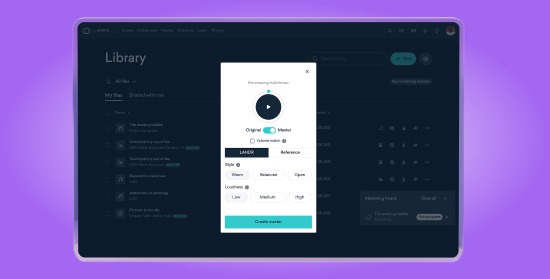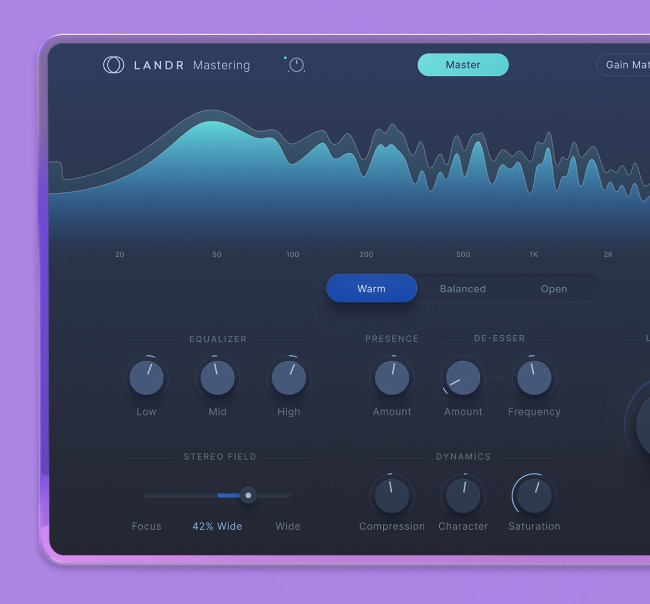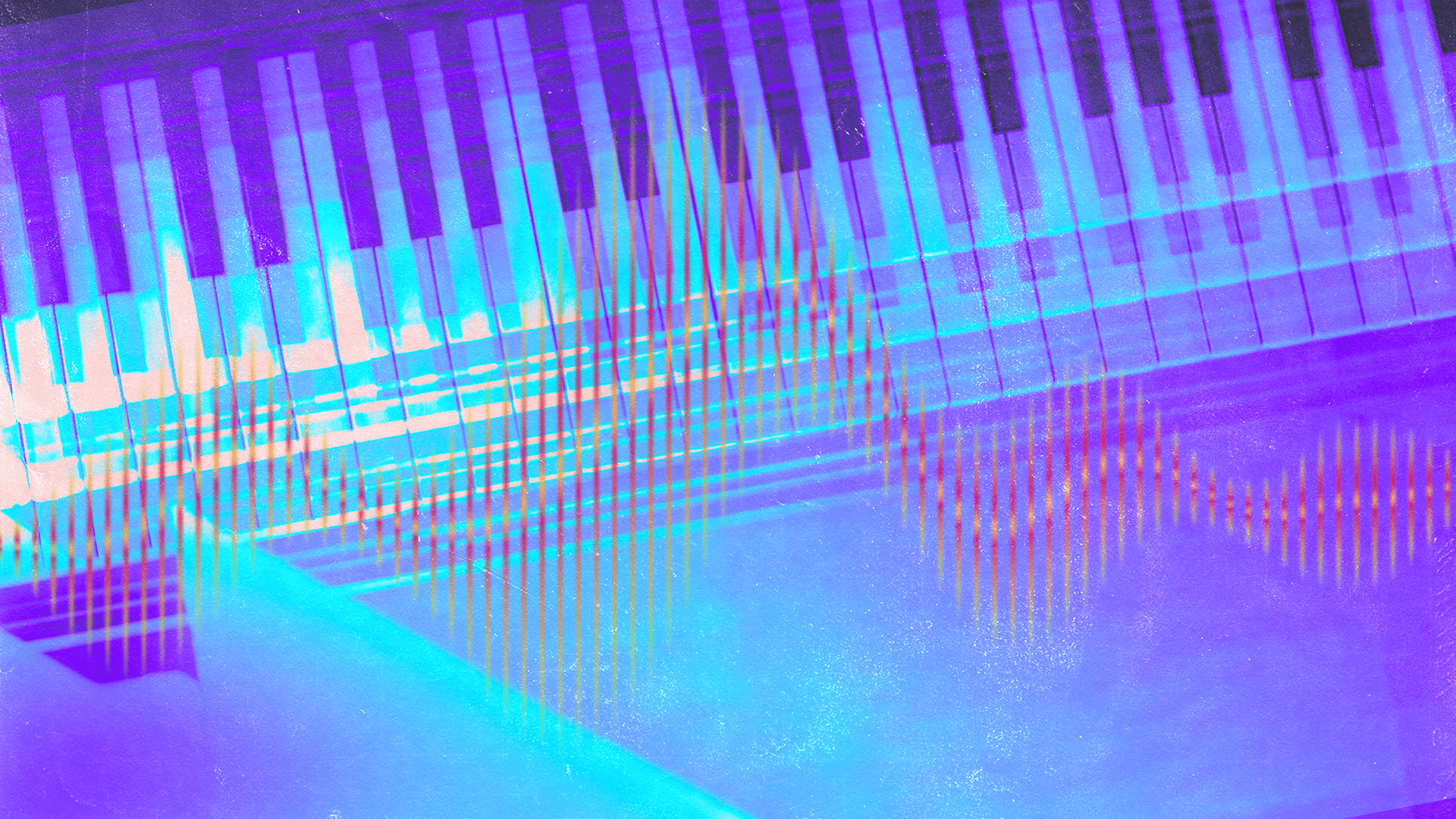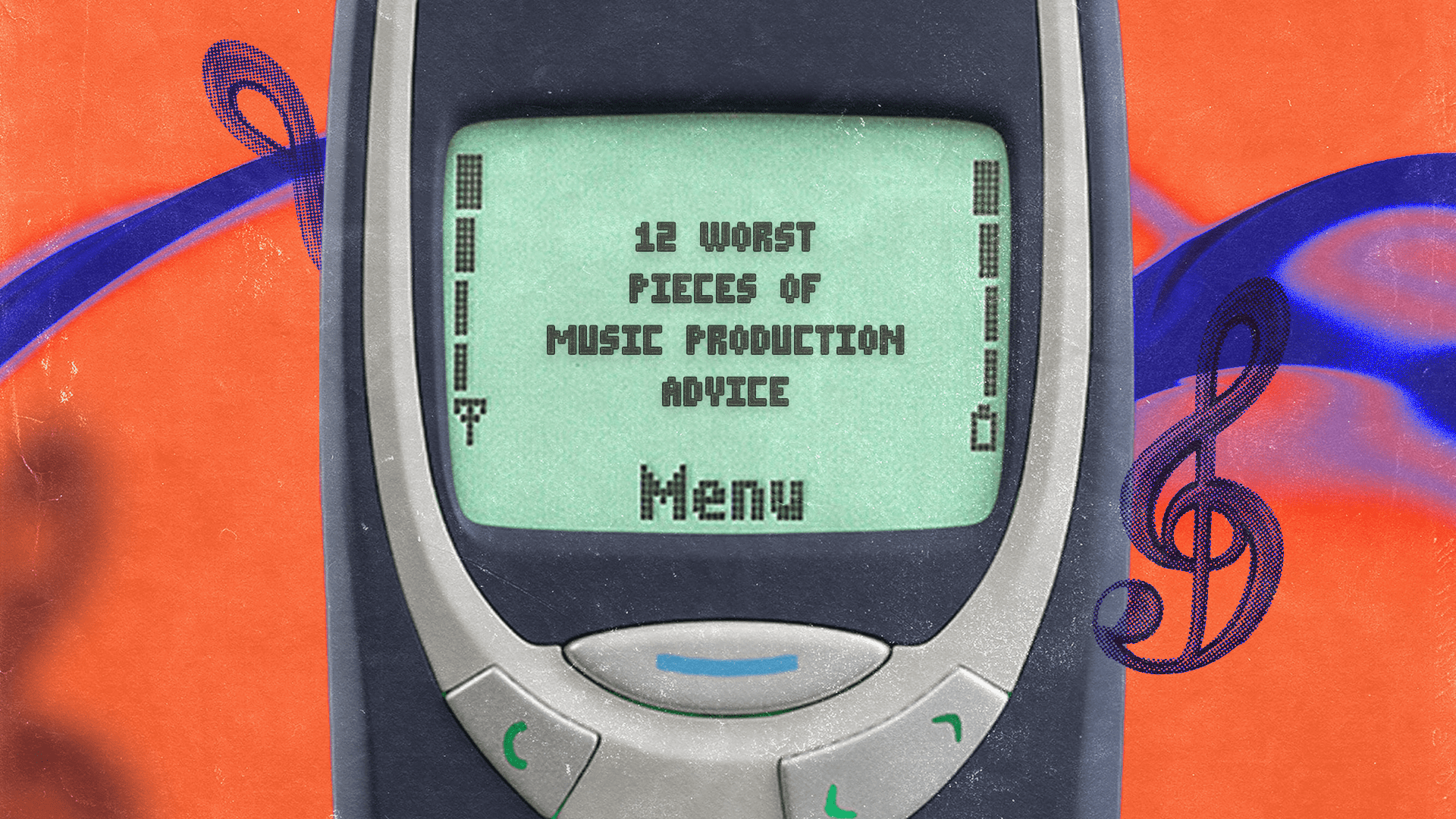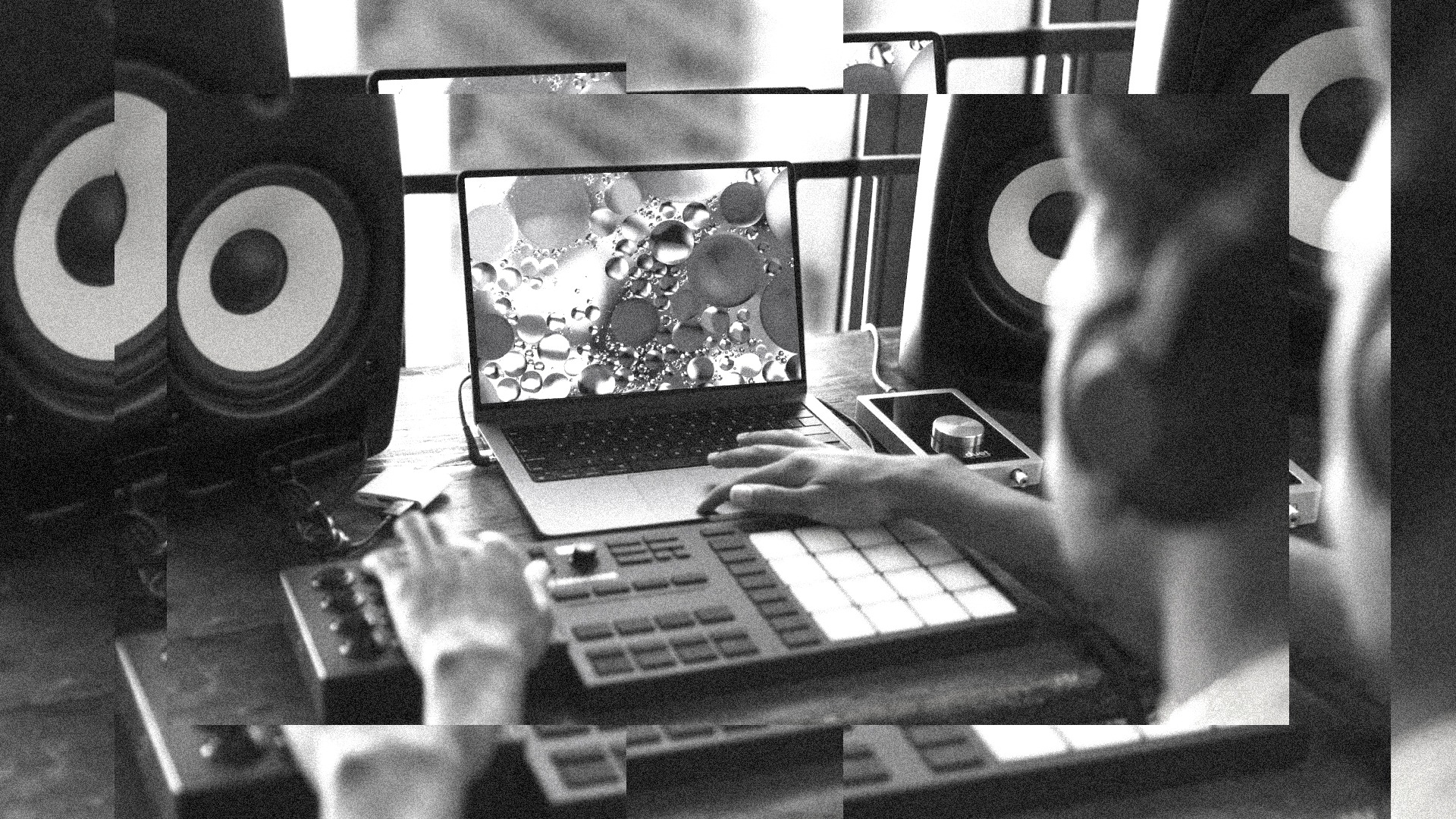
Master Bus: What It Is and How to Work with It in Your Mix
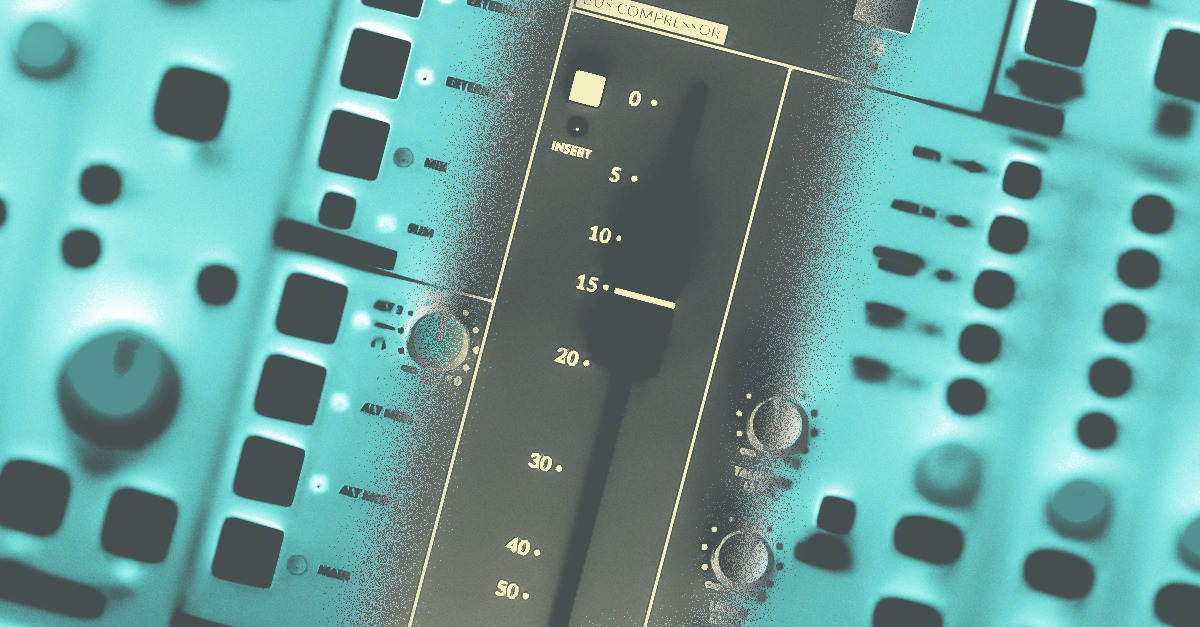
Your master bus is the mixer channel where all your sources sum together.
It’s the final stage in your DAW before your mix goes to your audio interface and out to your speakers.
It may sound simple, but managing your master bus is important for getting a good mix overall.
If you make poor decisions here, they’ll affect your entire mix.
So how should you treat your master bus? What processing should you use and what issues should you watch out for?
In this article I’ll explain everything you need to know about the master bus to get a perfect bounce of your mix.
Let’s get started.
What is the master bus?
The master bus is the final stereo channel in your DAW’s mixer before your audio outputs to your speakers. That means every other track and aux return channel included in your mix is eventually routed here. It’s sometimes called the stereo bus, the 2-bus or the mix bus.
The master bus represents the sum of all the tracks in your mix, but it’s also a track with its own meters, inserts and fader.
Some engineers use the master bus to add additional processing that affects the entire mix.
Why is the master bus important?
The master bus is the closest representation of what your mix will be like as a rendered stereo file.
The master bus is the closest representation of what your mix will be like as a rendered stereo file.
That means it’s one of the most crucial places to check for qualities like output level and dynamics.
If something is wrong at the master bus, it will almost certainly be an issue in the bounced file you send for mastering.
Problems that occur at the master bus are often symptoms of bigger mix issues that need to be addressed for good results.
I’m talking about basics like loudness, headroom and gain staging.
But there’s more than just technical issues when it comes to your mix bus.
Many producers rely on master bus processing to shape the overall tone of their mix.
It’s a powerful technique. Master bus processing can make a very big impact since you’re affecting every single track at once.
How to get healthy levels at your mix bus
Levels are the main technical issue that beginner and intermediate producers face with their master bus.
If you’re just getting started with music production you might not realize how quickly tracks can pile up when summed together at the mix bus.
If the output level of the master bus is too high, it will cause harsh clipping when you export your mix.
One solution is to just pull down your master fader until the volume is at a healthy level.
This can help in a pinch, but it’s not the best solution for managing levels at the master bus.
The real trick comes from good gain staging. That means keeping your levels in check at every stage of your process—from tracking to mastering.
If you start with plenty of space, there will be much more room for the tracks to sum together before you have to start dragging all your faders down.
That space is called headroom. Here’s a helpful guide on how to create it and maintain it:
But if you just need the basic version, here is the rule of thumb: try not to let your peaks go above -9 dBFS on your meters and keep the body of the sound hovering around -18 dBFS.
If you stick to this rule you might find your mix has better clarity and separation—even before you’ve changed anything else.
Master bus processing
Master bus processing means adding effects to your 2-bus to shape the entire mix for a better sound.
Many producers use mix bus processing as a final stage of mixing to add effects like EQ, compression, saturation and stereo effects to the entire song.
But master bus processing is sometimes considered controversial. It’s easy to do more harm than good when you apply effects to an entire mix.
You can easily go too far and suck the life out of a perfectly good mix if you get too aggressive with your mix bus processing.
In fact, many engineers don’t bother using effects on the stereo bus and prefer to leave all the 2-bus processing to the mastering engineer.
If you’re just getting started with compression and EQ or you don’t have a clear idea of what you’re trying to do, consider leaving master bus processing out unless you’re using a dedicated AI mastering plugin.
That said, you shouldn’t be afraid to experiment with effects on your 2-bus if it helps you get closer to the finished sound you want for your mix.
A good rule of thumb is to focus on processing that affects the tonal balance and character of the mix and stay away from anything that changes the headroom and dynamics too much.
Master bus effects vs. Mastering
Master bus processing is not the same as mastering. It’s important to know where to draw the line.
Master bus processing is not the same as mastering. It’s important to know where to draw the line.
Mastering engineers use highly sophisticated techniques to turn headroom into the raw level your tracks need to sound loud and punchy on streaming services.
Master bus processing is much more about gentle tweaks that help enhance the overall feel of the mix.
Does everything in your track sound a bit dull? In some cases a nice gentle shelving boost on the entire track sounds better than boosting each sound individually.
The different sounds don’t gel together? Try 1-3 dB of subtle compression.
A safe way to think of mix processing is like a tiny sweetening effect that you might not even notice until you take it away.
Mixing your mix bus
Your master bus is an important part of your signal flow in a DAW session.
If you neglect it you can create problems that have an effect on your sound.
But if you’ve made it through this article you’ll have a great place to start for treating your master bus correctly.
Gear guides, tips, tutorials, inspiration and more—delivered weekly.
Keep up with the LANDR Blog.
